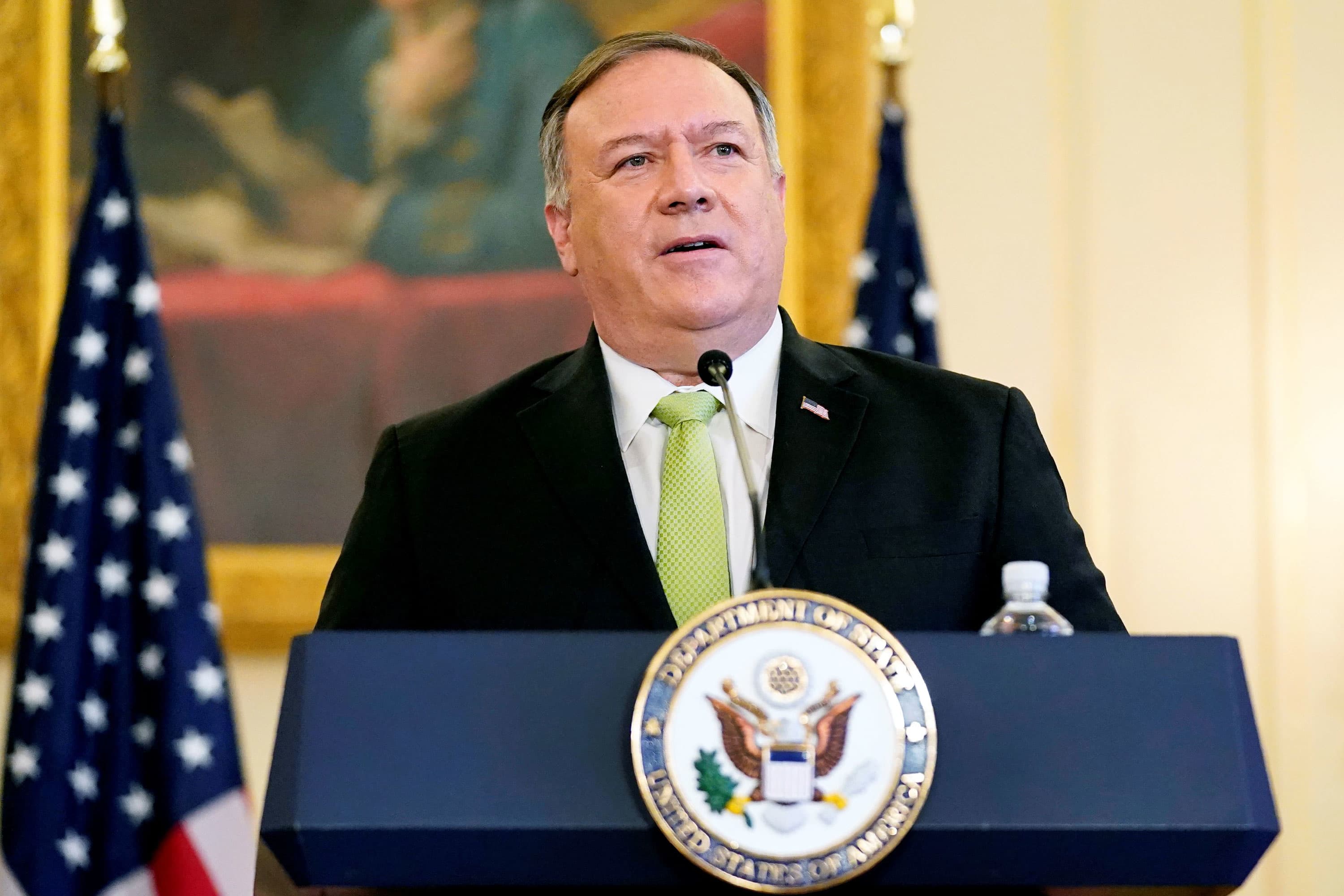
Secretary of State Mike Pompeo warned Sunday that the United States will slap sanctions on any individual or entity that assists Iran’s weapons program, a move that will likely further aggravate tensions between Washington and Tehran.
“For the past 10 years, countries have refrained from selling weapons to Iran under various UN measures. Any country that now challenges this prohibition will be very clearly choosing to fuel conflict and tension over promoting peace and security,” Pompeo said in a Sunday statement.
“Any nation that sells weapons to Iran is impoverishing the Iranian people by enabling the regime’s diversion of funds away from the people and toward the regime’s military aims,” he added.
The threat comes after a decade-long U.N. arms embargo against Iran officially expired Sunday as part of the nuclear deal agreed with world powers in 2015.
Iran’s Foreign Ministry announced that the “Islamic Republic of Iran may procure any necessary arms and equipment from any source without any legal restrictions and solely based on its defensive needs.” However, Tehran said it has no intention to go on a buying spree of conventional arms.
Under the U.N. arms embargo, the export of “certain conventional arms to Iran” and the “procurement of any arms or related materiel from Iran” is in violation of the U.N. Security Council resolution and is subject to sanctions.
However, the U.N. Security Council refused in August to support a U.S. effort to extend the arms embargo against Iran. China and Russia voted against Washington’s efforts, while even close U.S. allies such as Britain, France and Germany abstained. Only the U.S. and the Dominican Republic voted for an extension.
Click here to read more.
SOURCE: CNBC, Amanda Macias